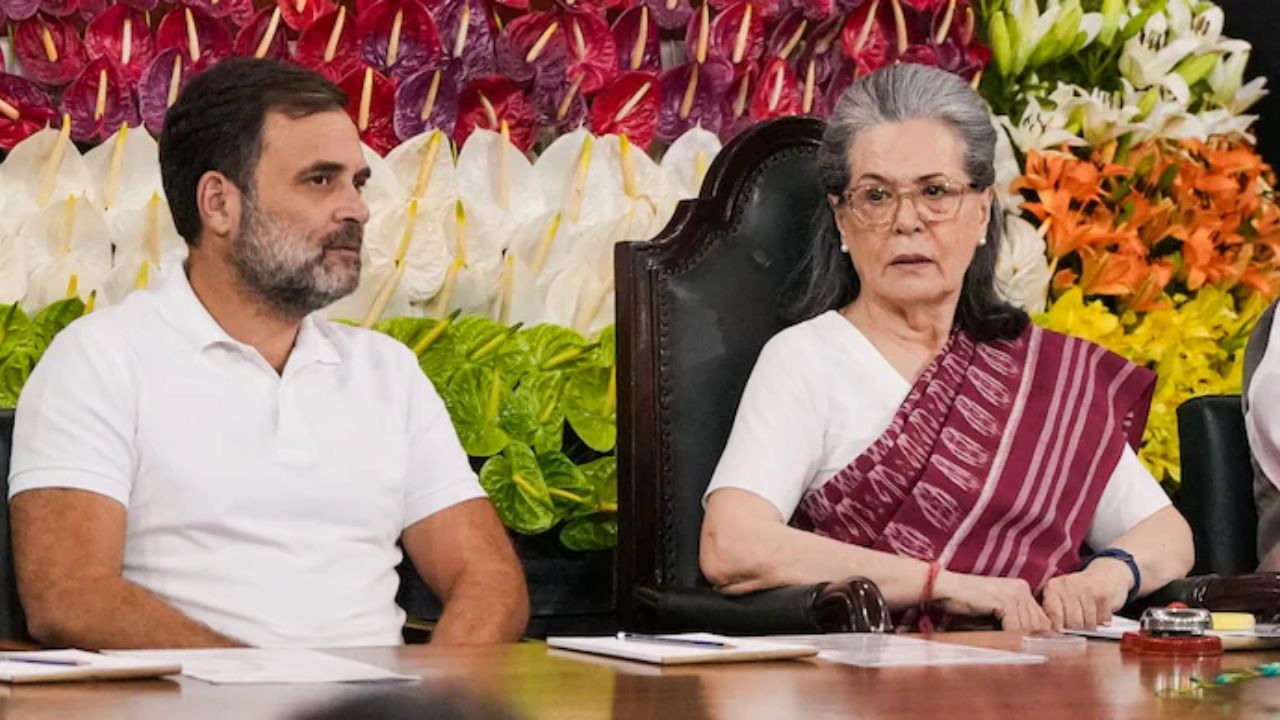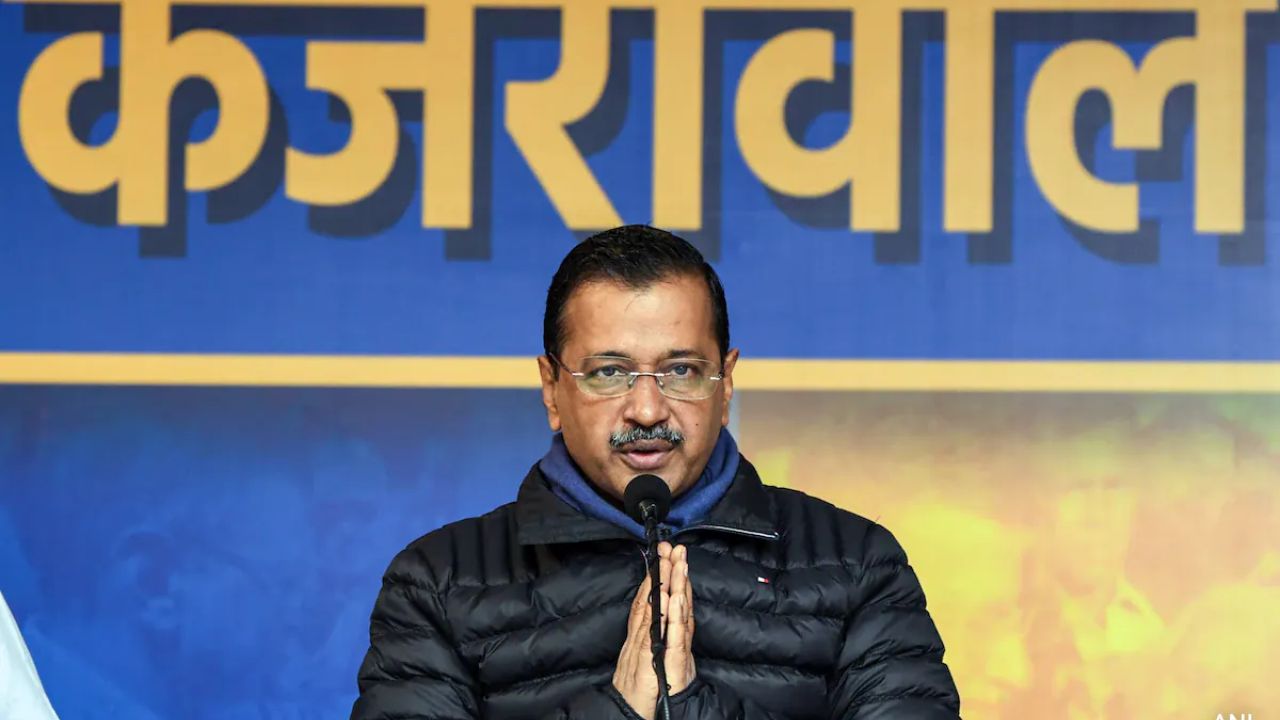Fadnavis at Davos, Sena discontent brews at home: Mahayuti alliance struggles with guardianship row.
As Chief Minister Devendra Fadnavis represents Maharashtra at the World Economic Forum in Davos, Switzerland, discontent brews within his Mahayuti alliance over the allocation of guardian ministers for the state’s 36 districts. Of the 42 ministers

As Chief Minister Devendra Fadnavis represents Maharashtra at the World Economic Forum in Davos, Switzerland, discontent brews within his Mahayuti alliance over the allocation of guardian ministers for the state’s 36 districts.
Of the 42 ministers in Maharashtra, 19 are from the BJP, including Fadnavis, and all have been assigned a district. However, Shiv Sena ministers Bharat Gogawale, Dada Bhuse, and Yogesh Kadam, along with NCP ministers Dhananjay Munde and Indraneel Naik, have been left out of district guardianship roles, creating tensions within the coalition. To address the growing discontent, Fadnavis has stayed the appointments of district guardians for Nashik and Raigad.
Conflict Over Nashik
In Nashik, BJP’s senior minister Girish Mahajan was named guardian minister, sparking a backlash from Shiv Sena’s Dada Bhuse, who is strongly supported by Deputy CM Eknath Shinde. The NCP has also laid claim to the position, with senior leader Chhagan Bhujbal and minister Manikrao Kokate arguing that their party, with the most MLAs in the district, should rightfully hold the post.
The stakes in Nashik are particularly high due to the upcoming 2027 Kumbh Mela. A Rs 1,100-crore plan to upgrade the city’s infrastructure is underway, and the guardian minister will play a key role in its execution and act as the face of the event. With such political significance, Shiv Sena has firmly opposed Mahajan’s appointment, while Mahajan remains the BJP’s prominent leader in Nashik.
Dispute in Raigad
In Raigad, the conflict centers on NCP’s Aditi Tatkare, who has been appointed guardian minister, and Shiv Sena’s Gogawale, who believes he should have been given the role as a senior Cabinet minister. Backing Gogawale, Shinde stated that it is natural for ministers to assert their claims over guardianship posts. He assured that these issues would be resolved upon Fadnavis’s return from Davos.
Raigad holds strategic importance for the Mahayuti government, with several mega projects, including a Rs 7,360-crore bulk drug park, a major port, and its inclusion as a key node in the proposed Delhi-Mumbai Industrial Corridor.
Broader Tensions in Mahayuti
Deputy CM and NCP chief Ajit Pawar attempted to downplay the discord, stating that the selection of guardian ministers is the CM’s prerogative. Pawar secured the guardianship of Pune and Beed districts, replacing NCP colleague Dhananjay Munde in Beed due to his association with a high-profile extortion case. However, BJP leader Pankaja Munde criticized the decision, expressing disappointment over not being assigned Beed.
A Shiv Sena minister anonymously remarked that the BJP, as the dominant ally, should have shown greater flexibility by accommodating allies like Gogawale and Bhuse in Raigad and Nashik, respectively. A BJP functionary, however, emphasized that the allocation of guardian ministers is based on developmental priorities rather than party politics.
Historical Context of Guardian Ministers
The concept of guardian ministers was introduced in 1972 by Congress CM Vasantrao Naik. Initially, ministers were assigned districts they did not belong to, ensuring impartiality and serving as a bridge between the government and the public. Over time, the role evolved, particularly after the first Shiv Sena-BJP government in 1995, when ministers began representing their home districts to consolidate their political influence. Guardian ministers now serve as ex-officio chairpersons of District Planning Committees, giving them significant control over district development.
While the disputes over district guardianships are not new, the current disagreements highlight the underlying friction within the Mahayuti alliance, as allies vie for positions that hold both administrative significance and electoral clout.





